
Human
Immunodeficiency
Virus
is a virus that weakens a person’s immune system by destroying important cells that fight disease and infection. If left untreated, a person can begin to develop AIDS (Autoimmune Deficiency Syndrome). AIDS is the fourth stage of the HIV infection. Once a person has developed AIDS, their immune system becomes so weak that they can no longer fight off diseases. Although there are current on-going studies for a vaccine, there is currently no cure for HIV. HIV is considered a chronic disease. This means it requires lifelong treatment. An individual receiving proper HIV medical care, can live a long and healthy life. People can live with HIV for years without any signs and symptoms. Not every person with HIV will go on to develop AIDS.
Friends of Family Health Center strives for comprehensive, culturally sensitive care. With our HIV team we vow to work towards reducing the prevalence of HIV within our service areas. We believe all people should have the knowledge and sufficient care to improve their quality of life. This means providing them with preventative care and education.
In order for HIV to be transmitted it must get from the body of a HIV positive person into the body of another person.
HIV is found in:

Transmission can occur through:
HIV can be prevented. Much like Covid-19, in order to fight the HIV Epidemic we must all work together and become better informed on preventative measures.
HIV can be prevented by: 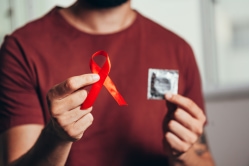
PEP (Post-Exposure Prophylaxis)
PrEP is a prescribed antiretroviral (ARV) medication that is given to HIV-negative people in order to prevent HIV transmission. PrEP was first approved for use in the United States in 2012.
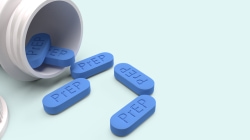
PrEP works by stopping HIV from taking hold and spreading throughout the body. By taking PrEP the individual reduces the chance of getting HIV from having sex without a condom, and from sharing needles or equipment to inject or use drugs. This medication can be taken orally or by injection.
What is the Eligibility Criteria for PrEP?
HIV Negative
At substantial risk of HIV Exposure
Willingness to use PrEP as prescribed
Creatinine Clearance
The majority of PrEP treatment costs are covered by most health insurance programs (including medical). It's as ordinary as paying for any other prescription for many folks. If you're uninsured or can't afford your out-of-pocket payments, the patient assistance programs listed below may be a great resource. The Federal Poverty Level (FPL) is used in each program to determine a person's income.
https://www.gileadadvancingaccess.com/copay-coupon-card
https://copays.org/funds/hiv-aids-and-prevention/
https://panfoundation.org/disease-funds/hiv-treatment-and-prevention/
https://www.mygooddays.org/patients/diseases-covered/hiv-aids-treatment-and-prevention
https://apretude.com/apretude-cost/
PrEP Providers
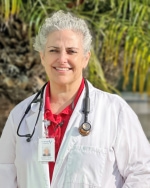
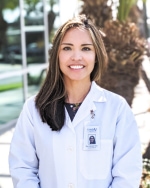
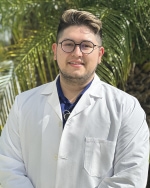
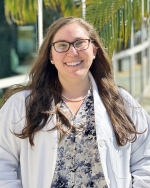
Fabiana Lopapa, NP Ria Andrade, M.D. Mauricio Bonilla, M.D. Rochelle Lacaze, M.D.
Viviana E. Lomeli HIV Education Line
HIV Community Outreach Cordinator 909-903-3733
vlomeli@fofheathcenter.org Call us for any PrEP/PEP/HIV
562-501-1746 preventative related question
Hours of Operation
Monday-Friday 8:00am - 4:30 pm
AIDS Healthcare Foundation. (2022, March 24). HIV Education is Prevention – Learn More on HIVCare.org. HIV Care. https://hivcare.org/hiv-basics/?gclid=CjwKCAjw_b6WBhAQEiwAp4HyIKORC5jTcrIp0_gXQyio1uwUk_96Zb5iDN- hvOjmkbAvyRwDFQLIARoCIn4QAvD_BwE
Weiss R. A. (2000). Getting to know HIV. Tropical medicine & international health: TM & IH, 5(7), A10–A15. https://doi.org/10.1046/j.1365-3156.2000.00591.x
HIV basics. HIV.gov. (2022, June 8). Retrieved June 9, 2022, from https://www.hiv.gov/hiv-basics
(2022). Retrieved 2 June 2022, from https://www.cdc.gov/hiv/default.html.